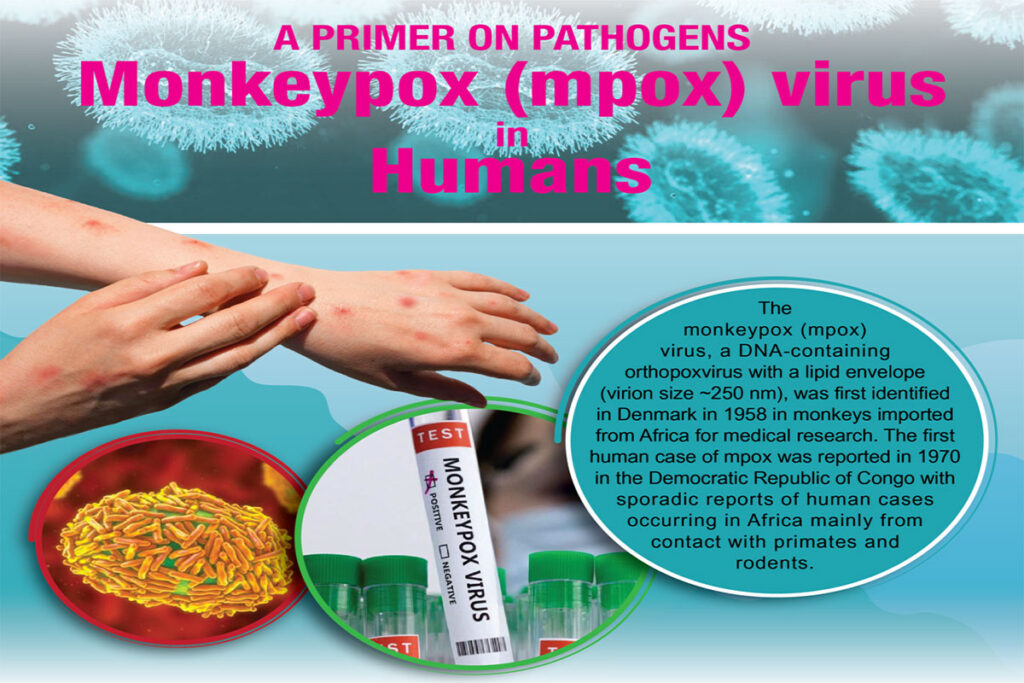
Introduction
The Mpox virus, formerly known as monkeypox, has garnered attention in recent months as outbreaks unfold across various countries. This virus, once limited to central and western Africa, has now spread globally, raising alarms within the public health community. Understanding the Mpox virus, its transmission, and implications is crucial not just for health officials but for communities worldwide.
Current Outbreaks
Since mid-2022, Mpox has appeared in countries where it historically was not endemic. The Centers for Disease Control and Prevention (CDC) reported thousands of cases in over 100 countries, with the most significant outbreaks occurring in Europe and North America. Specifically, the virus has been detected among men who have sex with men, but health experts stress that it can affect anyone, highlighting the need for broad awareness and preventative measures.
Transmission and Symptoms
The Mpox virus spreads through close physical contact, including skin-to-skin contact, respiratory droplets, and contaminated materials. Symptoms typically include fever, headache, muscle aches, swollen lymph nodes, and a distinct rash that progresses to pustules and scabs. Although it has a lower mortality rate compared to smallpox, it can cause significant health issues and is particularly concerning for people with weakened immune systems.
Public Health Response
Public health agencies around the world are ramping up efforts to curb the spread of the Mpox virus. Vaccination campaigns have been instituted in high-risk areas, with the Jynneos vaccine being made available for those exposed to the virus. Additionally, educational resources are being distributed to raise awareness about transmission and prevention strategies. The World Health Organization (WHO) continues to monitor the situation, emphasizing vaccinations, surveillance, and community engagement as essential components of response efforts.
Conclusion
As the Mpox virus continues to circulate in various regions, the importance of vigilance and education cannot be overstated. The current outbreaks serve as a reminder of the interconnectedness of global health, and underscore the need for unified action to prevent further spread. Moving forward, it will be essential to maintain public health responses that prioritize vaccination and education to control the virus effectively.



